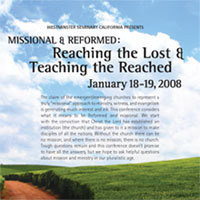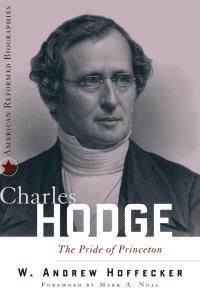Not many years ago, we were told we needed a new reformation, this time of deeds, not creeds. That was Rick Warren in 2005, some 17 years ago using church growth methods. The emergent movement took postmodern thought and said we need a new trajectory, a reformation not from a new (biblical/theological) center, but with a new direction.
Now we are a long way from those naïve decades, and so a new call arises:
Now comes the call for yet another reformation, this time employing the most up-to-date methods of the zeitgeist: trauma, structural/systemic measurements, and intersectionality.
Continue reading








